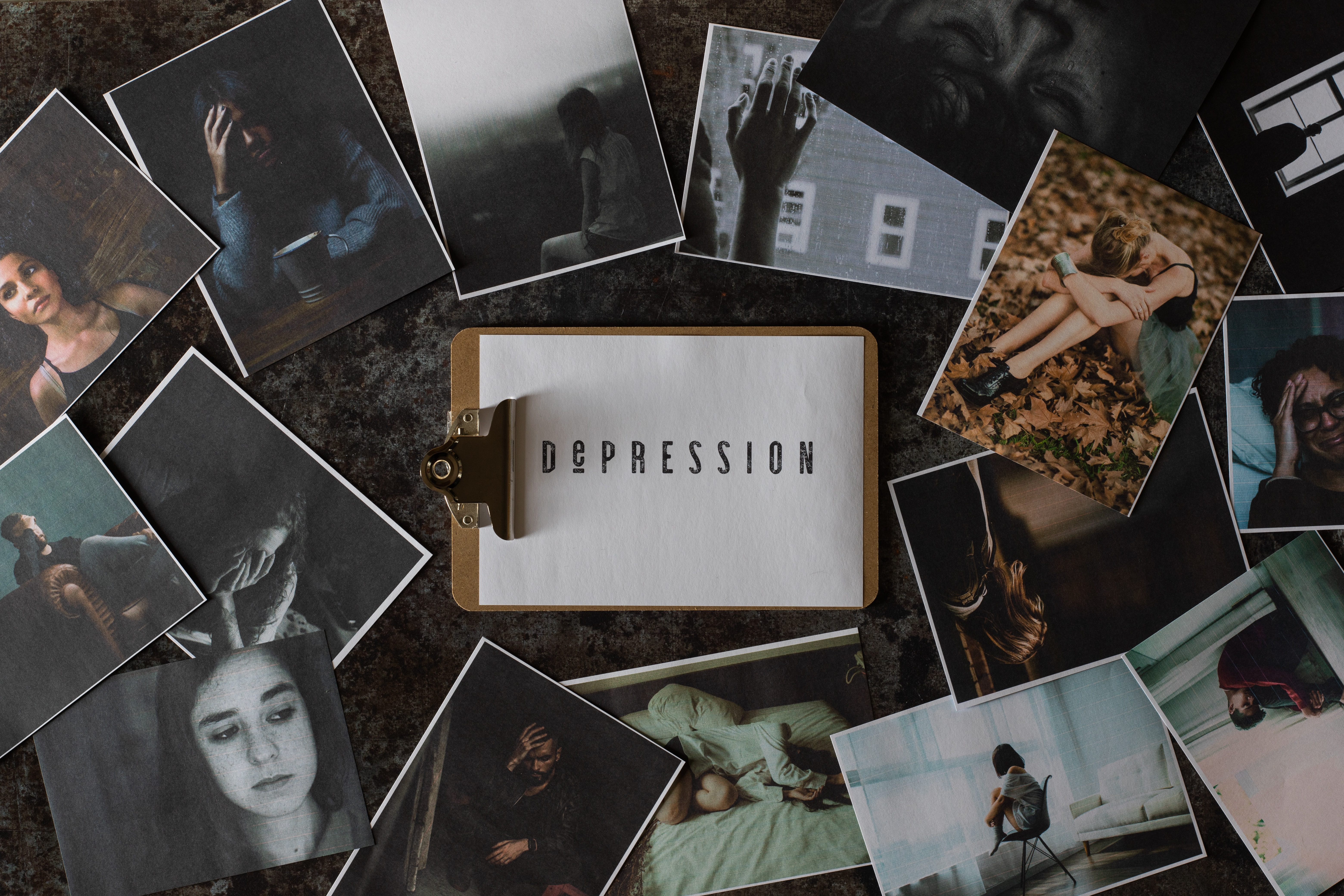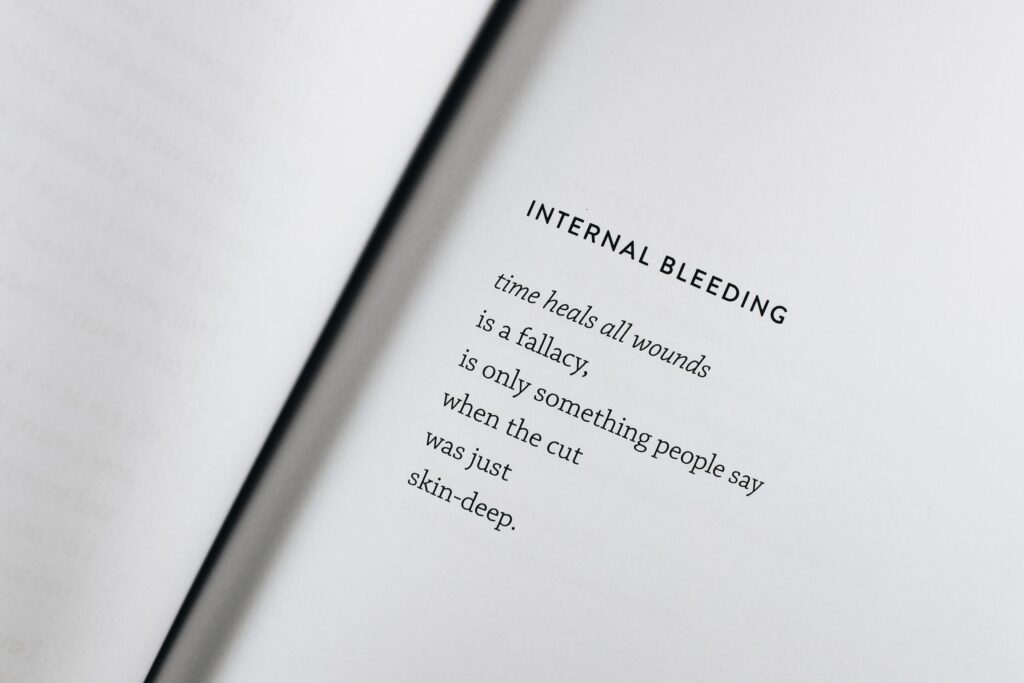Last Updated on October 9, 2023
Coping with depression can be a challenging journey, but it’s one that can lead to a brighter, more fulfilling life. In this comprehensive guide, we will explore various strategies for overcoming depression one step at a time. Whether you’re dealing with major depression, deep depression, or even elderly depression, these coping techniques can make a significant difference. Let’s delve into five ways to help depression and equip you with the tools you need to face this condition head-on.
Defining Depression
Before we dive into the strategies for coping with depression, let’s first understand what depression is. Depression is more than just feeling sad; it’s a serious mood disorder characterized by persistent feelings of sadness, hopelessness, and a lack of interest or pleasure in activities. It can affect anyone, regardless of age or background.
The Widespread Impact of Depression
Depression is a widespread global health issue, affecting millions of people. In fact, studies show that depression can last for six months or more in many cases. This highlights the importance of addressing this condition promptly and effectively.
Understanding Depression
Types of Depression
Depression can manifest in various forms, including:
- Major Depressive Disorder (MDD)
- Persistent Depressive Disorder (PDD)
- Bipolar Disorder
- Seasonal Affective Disorder (SAD)
- Postpartum Depression
- Elderly Depression
- Atypical Depression
Coping with major depression may require different strategies than coping with other forms of the condition, so it’s essential to understand the specific type you’re dealing with.
Common Symptoms of Depression
Depression can manifest differently in each individual, but common symptoms include:
- Persistent low mood
- Fatigue and low energy
- Changes in appetite or weight
- Sleep disturbances
- Difficulty concentrating
- Feelings of guilt or worthlessness
- Suicidal thoughts
Recognizing these symptoms is crucial for seeking assistance and embarking on the path toward recovery. In certain cases, these symptoms can persist for six months or longer, which emphasizes the heightened importance of seeking comprehensive help and support.
Causes and Contributing Factors
Depression is a multifaceted condition with various contributing factors, including:
- Genetic predisposition
- Neurochemical imbalances
- Trauma or adverse life events
- Chronic stress
- Social and environmental factors
Understanding these factors can help you and your healthcare provider develop a tailored approach to coping with depression.

Seeking Professional Help
The Role of Therapists, Psychologists, and Psychiatrists
When coping with deep depression, it’s often advisable to seek professional help. Therapists, psychologists, and psychiatrists play vital roles in treatment, offering various therapies and, in some cases, medication options.
Depression Retreats
For those struggling with depression, depression retreats provide intensive therapeutic experiences in a supportive environment. These retreats can be instrumental in the journey toward healing and recovery.
Depression Rehab Centers
In cases of severe depression, especially when it co-occurs with substance abuse, depression rehab centers may be recommended. These centers offer comprehensive treatment and support to address both conditions simultaneously.
Diagnosis and Assessment
Getting a proper diagnosis is the first step in managing depression. A mental health professional will conduct a thorough assessment to determine the type and severity of depression and develop an individualized treatment plan.
Medication Options
Antidepressant medications, such as selective serotonin reuptake inhibitors (SSRIs) and serotonin-norepinephrine reuptake inhibitors (SNRIs), are commonly prescribed to manage depression. Discussing medication options with a qualified healthcare provider is crucial, especially if you’ve been coping with depression for six months or more.
Dealing with Depression by Yourself
While professional help is essential, there are steps you can take to manage depression on your own.
Lifestyle Changes
- Diet and Nutrition: A balanced diet rich in nutrients can significantly impact your mood and overall well-being when you’re coping with depression for an extended period.
- Exercise: Regular physical activity, even in small increments, can release endorphins, improve mood, and reduce stress associated with depression.
- Sleep Hygiene: Establishing a consistent sleep schedule and good sleep hygiene practices can help alleviate sleep disturbances that often accompany depression.
- Mindfulness and Meditation: These practices can assist you in managing negative thought patterns that may have persisted for six months or more.
- Stress Management Techniques: Learning stress-reduction techniques, such as deep breathing and progressive muscle relaxation, can be particularly helpful when coping with depression for an extended period.
- Supportive Relationships and Social Connections: Building and maintaining healthy relationships and seeking social support can provide emotional comfort during your journey.
Cognitive-Behavioral Techniques for Coping with Depression
Cognitive Restructuring
Cognitive restructuring involves identifying and challenging negative thought patterns and replacing them with more constructive and realistic ones. These negative thoughts often involve self-criticism, pessimism, and distorted beliefs about oneself, the world, and the future. By identifying these harmful thought patterns and replacing them with more constructive and realistic ones, individuals can gain better control over their mental state. This technique is especially valuable when dealing with deep depression, as it helps individuals break the cycle of negative thinking that can exacerbate their condition, offering a path toward more positive and balanced thinking patterns.
Behavioral Activation
Behavioral activation is another essential component of cognitive-behavioral therapy (CBT) for depression. It recognizes that depression often leads to reduced motivation and energy levels, causing individuals to withdraw from enjoyable and meaningful activities. Behavioral activation encourages individuals to actively engage in these activities, even when they may not initially feel like doing so. By gradually reintroducing pleasurable and purposeful activities into their daily lives, individuals can counteract depression’s grip and gradually regain their motivation and energy levels. This technique can be particularly beneficial when dealing with deep depression, as it provides a structured approach to rekindling one’s interest in life.
Goal Setting and Time Management
Setting achievable goals and effectively managing your time are practical strategies that can help boost self-esteem, a critical factor in coping with depression, especially when it has persisted for an extended period. By setting both short-term and long-term goals, individuals can create a sense of purpose and accomplishment. These goals should be realistic and manageable, aligning with their current capabilities and resources. Effective time management ensures that individuals allocate their time and energy efficiently toward achieving these goals, preventing feelings of overwhelm or frustration. Success in goal attainment contributes to improved self-esteem, fostering a more positive outlook on life, and aiding in the journey to overcome depression.

Creative Outlets and Expressive Therapies
Art Therapy
Art therapy is a form of expressive therapy that involves using various art mediums, such as drawing, painting, sculpture, or collage, to explore and express emotions, thoughts, and experiences. It provides a non-verbal way for individuals to communicate and process their feelings. The act of creating art can be cathartic and can help individuals gain insight into their emotional challenges. Art therapists often guide individuals in this process, helping them uncover and address underlying issues while providing a creative outlet for self-expression.
Music Therapy
Music therapy is a therapeutic approach that harnesses the power of music to promote emotional healing and self-awareness. It involves engaging with music in various ways, such as listening, singing, playing instruments, or composing. Music has a profound impact on our emotions and can evoke specific feelings and memories. Music therapists use carefully selected music interventions to help individuals express their emotions, reduce stress, and develop coping skills. Music therapy offers a unique way to cope with depression by providing a safe and creative space for emotional exploration and healing.
Journaling and Writing
Keeping a journal or writing poetry is a form of expressive writing that can be therapeutic for individuals dealing with depression. Writing allows individuals to put their thoughts and emotions into words, helping them process and make sense of their feelings. Journaling can provide a sense of relief by releasing pent-up emotions and creating a record of one’s journey. Writing poetry, in particular, can be a powerful way to convey complex emotions and experiences in a structured and artistic form. It offers individuals an opportunity to explore their inner world, gain insights into their emotional experiences, and find a sense of release and catharsis through creative self-expression.
Depression Poems
Reading or writing depression poems can provide catharsis and a sense of connection with others who have experienced similar emotions. Here are a few suggestions you might like:
- Sylvia Plath’s “Lady Lazarus” – A powerful poem that delves into the struggle with depression and the will to overcome it.
- Langston Hughes’ “The Weary Blues” – A poignant piece exploring the blues and weariness, which can resonate with those dealing with depression.
- Emily Dickinson’s “I felt a Funeral, in my Brain” – A poem that vividly captures the feeling of despair and mental anguish.
Depression Movies
Watching movies that depict characters dealing with depression can offer a sense of identification and hope. Here are a few suggestions you might want to add to your watch list:
- “Silver Linings Playbook” (2012) – A film that portrays the challenges of mental illness and the power of human connection and resilience.
- “Eternal Sunshine of the Spotless Mind” (2004) – A thought-provoking movie that delves into the complexities of memory, relationships, and emotional struggles.
- “It’s Kind of a Funny Story” (2010) – A coming-of-age story that explores a teenager’s journey through a psychiatric ward and his path to recovery.

Building a Support Network
Friends and Family Support
Friends and family can play a crucial role in providing emotional support and understanding to individuals battling depression.
Support Groups and Online Communities
Joining support groups or online communities can connect you with others facing similar challenges, offering valuable insights and coping strategies, especially if you’ve been dealing with depression for an extended period.
The Importance of Communication
Open and honest communication with loved ones and healthcare providers is crucial for maintaining emotional well-being and seeking help when needed, especially if you’ve been coping with depression for 6 months or longer.
Lifestyle Changes for Long-Term Well-being
Preventing Relapse
Continuing therapy, adhering to medication regimens if prescribed, and maintaining healthy lifestyle habits are essential for preventing relapse, especially if you’ve been dealing with depression for a long time.
Setting and Achieving Goals
Setting both short-term and long-term goals can boost self-esteem and provide a sense of purpose, aiding in your journey to overcome depression.
Cultivating Resilience
Developing resilience through coping skills and self-care practices is vital when dealing with depression for an extended period. Resilience helps you bounce back from life’s challenges, including the challenges posed by depression.
Embracing Hope on the Path to Overcoming Depression One Step at a Time
Coping with depression is a journey that requires time, effort, and the right strategies. Whether you’ve been coping with major depression, deep depression, or any form of this condition for six months or more, bear in mind that recovery is possible. By seeking professional help, implementing self-help strategies, and building a strong support network, you can take the necessary steps toward healing.
Five Ways to Help Depression
- Seek professional guidance and treatment.
- Implement self-help strategies and lifestyle changes.
- Connect with supportive friends and family.
- Engage in creative outlets and therapies.
- Foster resilience and set achievable goals.
Dealing with Deep Depression
Dealing with deep depression may be particularly challenging, but with the right support and treatment, you can find a path toward healing.
Don’t hesitate to seek help from qualified professionals and lean on your support network when needed. Whether you’ve been coping with depression for six months or more, there is hope for a brighter future.
Remember, recovery from depression is possible. With determination, support, and the right strategies, individuals can regain their sense of well-being and live fulfilling lives. Remember that there is hope for a brighter future, even after dealing with depression for an extended period.








